-
QUALIFICATIONS
- For Linguists Worldwide
- For UK Public Services
- Preparation
- Policies & Regulation
-
MEMBERSHIP
- Join CIOL
- Professional Membership
- Affiliate Membership
- Chartered Linguist
- Already a member?
- Professional conduct
- Business & Corporate Partners
-
LANGUAGE ASSESSMENTS
- English
- All Other Languages
-
EVENTS & CPD
- Webinars & Events
- CIOL Conferences
- Networks
- CIOL Mentoring
-
NEWS & VOICES
- News & Voices
- CIOL eNews
- CIOL Awards
- The Linguist Magazine
- Jobs & Ads
-
RESOURCES
- For Translators & Interpreters
- For Universities & Students
- Standards & Norms
- CIOL & AI
- All Party Parliamentary Group
- In the UK
- UK Public Services
- Find-a-Linguist
NEWS & VOICES
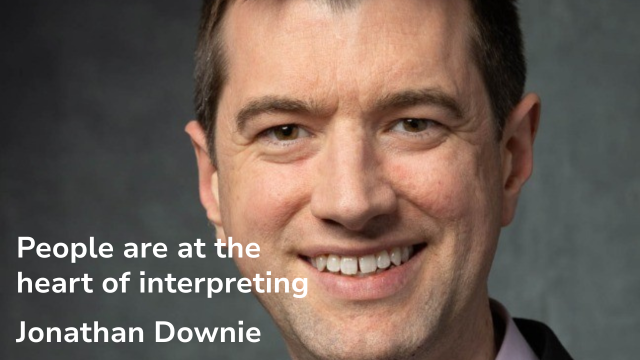
By Jonathan Downie
I think we missed the point of interpreting
If I wanted, I could take a course on interpreting every day for the next year. From AI courses to consec technique, from marketing to terminology management, we can grow just about any interpreting or interpreting-related skill we like.
All that is great. There are more training...

By Andreja Milošević MCIL
This text was prepared by Prof. Jelena Stojic as an extension of the interview given by Prof. Stojic to the author for Part 2 in the "Gender Sensitivity in the Serbian Language" series.
Grammatical gender vs gender as a social construct
In the Serbian language all nouns, whether they are animate or inanimate, have a so-called...
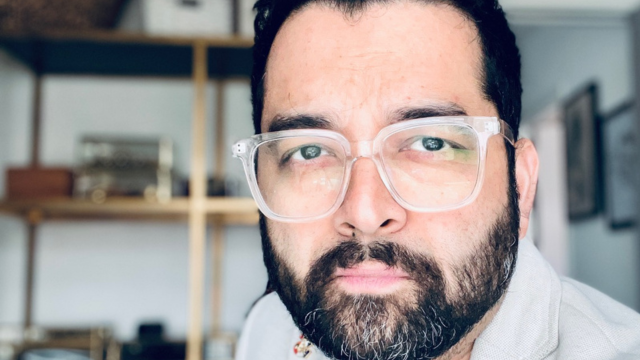
In the first of a three-blog series, Shehzaad Shams introduces the concept of ‘leadership through languages’ – as the superpower of ‘Eclectic Leaders’ – a new insight into the leadership domain.
Leadership through languages
For me, ‘Leadership Through Languages’ sits at the intersection of the four core domains of applied linguistics, applied psychology...
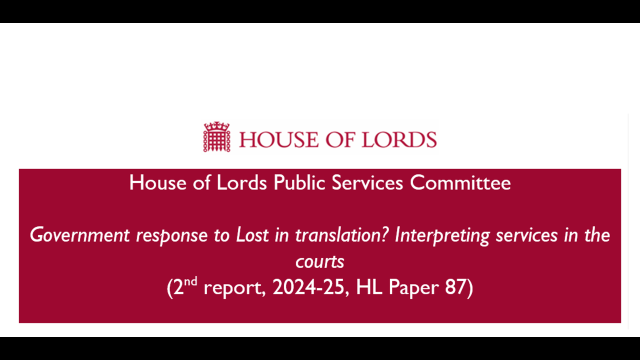
The Government has responded to the House of Lords Public Services Committee's report “Lost in Translation? Interpreting services in the Courts”.
You can view the Government’s response on the House of Lords website or via the CIOL website here.
Details of the Committee’s full inquiry are on their web pages.
The House of Lords Public Servies...
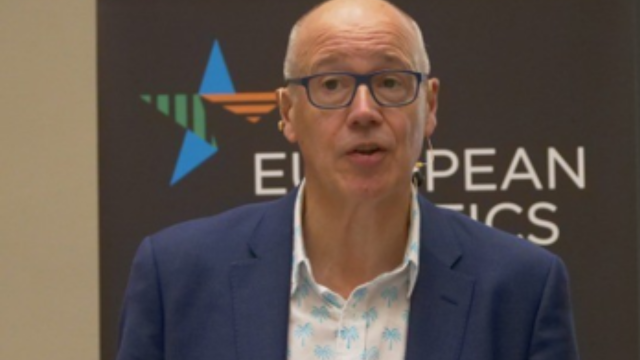
By Steve Doswell
Last month, I had the privilege of taking part in a thought-provoking DWP Employers Webinar on building multilingual, inclusive workplaces, organised by Joanna Statham, a partnership manager working in Birmingham and Solihull District who leads on newly arrived communities and digital inclusion. The session brought together professionals...

NHS England has published an improvement framework for community language translation and interpreting services.
As part of the framework the NHS notes:
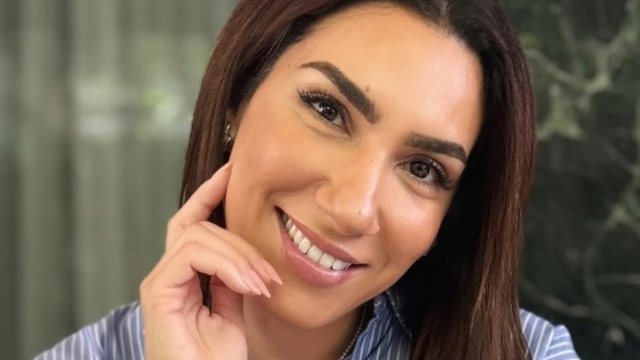
AI and Translation: Reflections from AI Voices II, CIOL Translators Day, and the Future of Real-Time Interpretation
by Vasiliki Prestidge
AI continues to reshape expectations and norms in the translation and interpreting industry at a staggering pace, and resources such as the CIOL AI Voices II publication have captured some of this momentum and the...
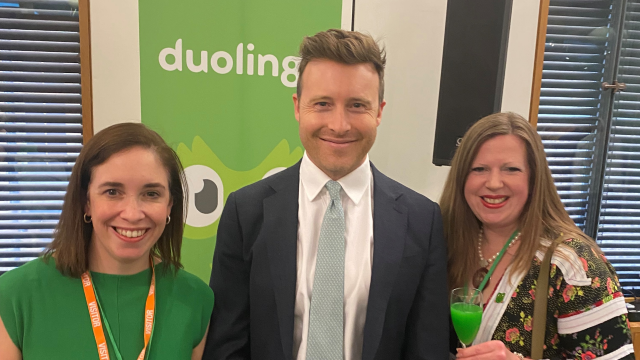
John Worne, CIOL CEO, writes: we often hear ‘bad news’ stories about languages in the UK - fewer young people studying languages at GCSE and ‘A’ Level, languages ‘dying out’ in UK Primary schools and Language Departments closing in Universities etc. But...
It's not all bad news
Look beneath the surface and there is a huge reservoir of linguistic...
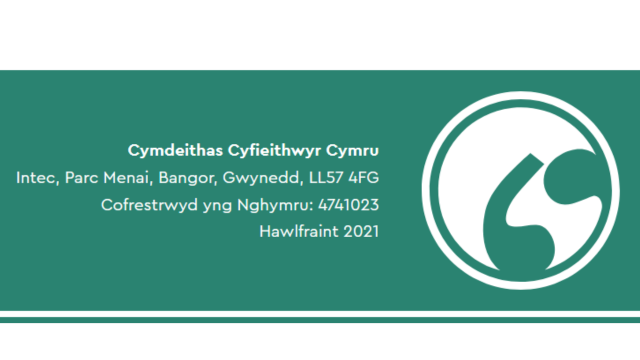
Cymdeithas Cyfieithwyr Cymru (the association of Welsh language translators and interpreters) are researching the Welsh><English translation and interpretation profession.
The work is being carried out by professional research company Arad. They have prepared a short questionnaire – it takes around 10 minutes to complete. If you do any Welsh><English...

As the number of translated novels by female authors increases, Helen Vassallo asks which women are being translated, and how activists can be more inclusive
For several years, a growing number of voices in both academic and industry contexts have drawn attention to the imperative to address diversity within publishing, where recent reports suggest that...
The Chartered Institute of Linguists (CIOL), Incorporated by Royal Charter, Registered in England and Wales Number RC 000808 and the IoL Educational Trust (IoLET), trading as CIOL Qualifications, Company limited by Guarantee, Registered in England and Wales Number 04297497 and Registered Charity Number 1090263. CIOL is a not-for-profit organisation.
